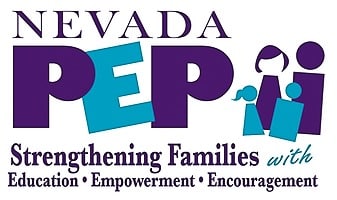Healthy relationship boundaries are an important skill for us all. We are seeing more and more examples of those who have crossed lines in our culture. Even though people with intellectual and developmental disabilities are sexual beings, just like everyone, they also need the information and skills to navigate these waters and learn what's okay and not okay in various settings.
This webinar will explore tips and tools for addressing sexuality one-on-one with the individuals you work with. We will explore why this topic can be difficult to approach and useful tools that will help you become more comfortable and confident and communicate about this sensitive topic.
Learning Objectives:
Discuss the benefits of providing sexuality education.
Examine activities to teach healthy boundaries, such as different types of relationships, public vs. private, moving from friend to partner, body language, communication, and speaking up.
When: Tuesday, January 14, 2025, from 3:00 pm - 4:00 pm EASTERN time (please note your time zone)
This is a 60-minute online event for professionals, administrators, self-advocates, parents, etc. We use Zoom to deliver the workshop. There will be an opportunity for questions and live engagement with the presenter. We don't record this workshop.








